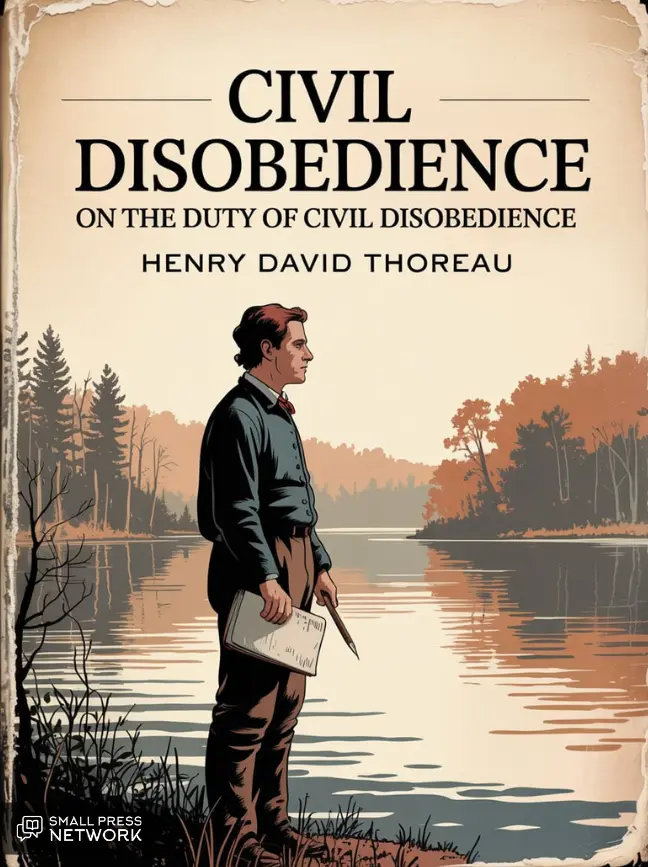1118
Chapter XI
History examines the manifestations of man’s free will in connection with the external world in time and in dependence on cause, that is, it defines this freedom by the laws of reason, and so history is a science only in so far as this free will is defined by those laws.
The recognition of man’s free will as something capable of influencing historical events, that is, as not subject to laws, is the same for history as the recognition of a free force moving the heavenly bodies would be for astronomy.
That assumption would destroy the possibility of the existence of laws, that is, of any science whatever. If there is even a single body moving freely, then the laws of Kepler and Newton are negatived and no conception of the movement of the heavenly bodies any longer exists. If any single action is due to free will, then not a single historical law can exist, nor any conception of historical events.
For history, lines exist of the movement of human wills, one end of which is hidden in the unknown but at the other end of which a consciousness of man’s will in the present moves in space, time, and dependence on cause.
The more this field of motion spreads out before our eyes, the more evident are the laws of that movement. To discover and define those laws is the problem of history.
From the standpoint from which the science of history now regards its subject on the path it now follows, seeking the causes of events in man’s free will, a scientific enunciation of those laws is impossible, for however man’s free will may be restricted, as soon as we recognize it as a force not subject to law, the existence of law becomes impossible.
Only by reducing this element of free will to the infinitesimal, that is, by regarding it as an infinitely small quantity, can we convince ourselves of the absolute inaccessibility of the causes, and then instead of seeking causes, history will take the discovery of laws as its problem.
The search for these laws has long been begun and the new methods of thought which history must adopt are being worked out simultaneously with the self-destruction toward which— ever dissecting and dissecting the causes of phenomena—the old method of history is moving.
All human sciences have traveled along that path. Arriving at infinitesimals, mathematics, the most exact of sciences, abandons the process of analysis and enters on the new process of the integration of unknown, infinitely small, quantities. Abandoning the conception of cause, mathematics seeks law, that is, the property common to all unknown, infinitely small, elements.
In another form but along the same path of reflection the other sciences have proceeded.
When Newton enunciated the law of gravity he did not say that the sun or the earth had a property of attraction; he said that all bodies from the largest to the smallest have the property of attracting one another, that is, leaving aside the question of the cause of the movement of the bodies, he expressed the property common to all bodies from the infinitely large to the infinitely small. The same is done by the natural sciences: leaving aside the question of cause, they seek for laws. History stands on the same path. And if history has for its object the study of the movement of the nations and of humanity and not the narration of episodes in the lives
1119
of individuals, it too, setting aside the conception of cause, should seek the laws common to all the inseparably interconnected infinitesimal elements of free will.





